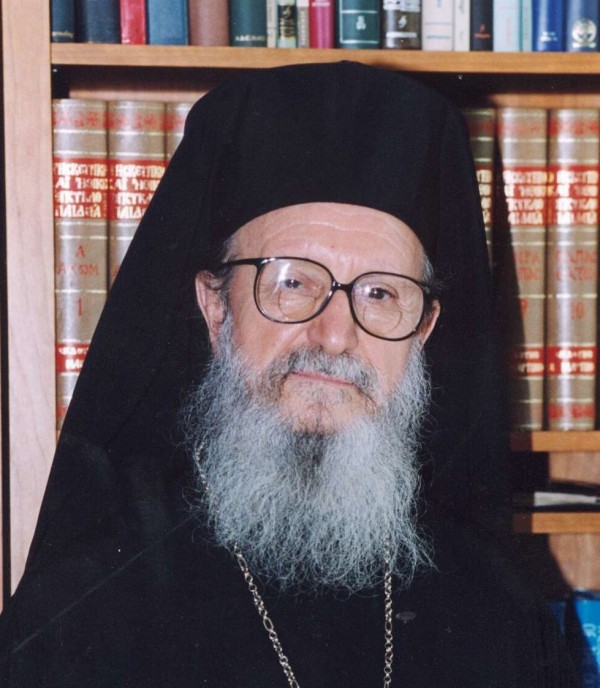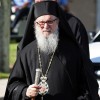As Greek Orthodox Christians and as Americans, we express our sadness and pain for our brothers and sisters all over the world who find themselves in tragic circumstances of hostility, violence and war, where families have been torn apart, displaced and where people are denied basic human rights.
Following the example of Christ, we are called to offer unconditional love to our fellow men while starting immediately to pray for them. In our great country, which has historically and practically welcomed people of every nation, tribe, and tongue, we have the distinct privilege and honor to offer philoxenia – love of the stranger – to humans from all walks of life.
The New Testament is replete with an ethos of philoxenia – love of the stranger – based not on fear but on care and on gratitude. Welcome one another, says Saint Paul in his letter to the Romans, even as Christ welcomed you (Rom. 15:7). Christian philoxenia must not only be extended to those close to us, but must be extended to those near and far away, and even to those who will not reciprocate—to the poor, the stranger, even those who hate us. For Christ says, if you love only those who love you, what credit is that to you? (Luke 14:14).
As a vital expression of love, we must continue to fervently pray for peace for the entire humanity, especially for those affected by difficult circumstances. Our fellow humans who are suffering under terrible conditions and ordeals all over the world are expecting justice and begging for our love and prayers; even the least among them. As Christ said, Inasmuch as you did it to one of the least of these my brethren, you did it to me (Matt. 25:40). In these most difficult times, the strongest expression of our philoxenia becomes a very urgent matter.
United as one people, as one nation under God, let us proceed courageously, prudently, and lovingly. Always with the help of the Almighty God!

















